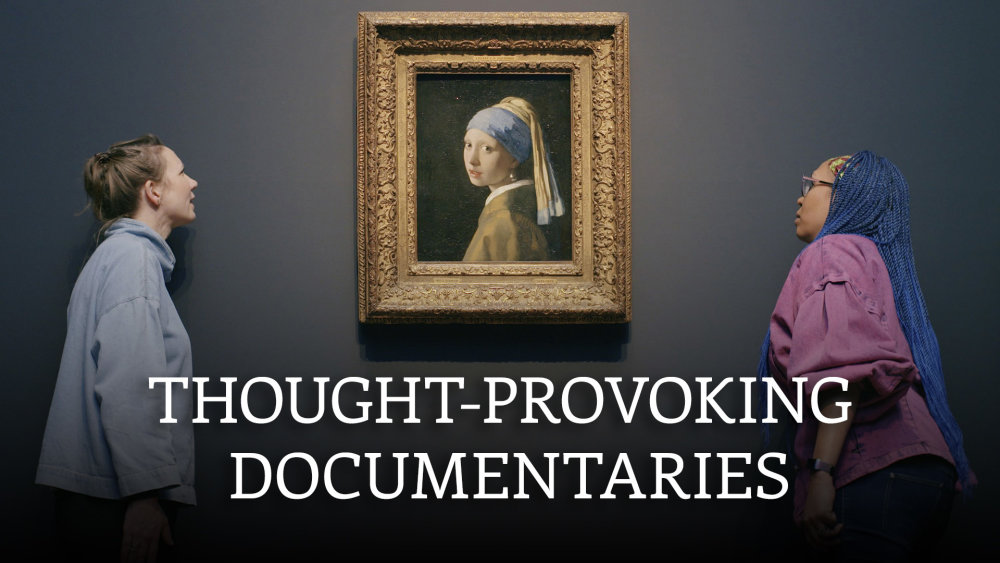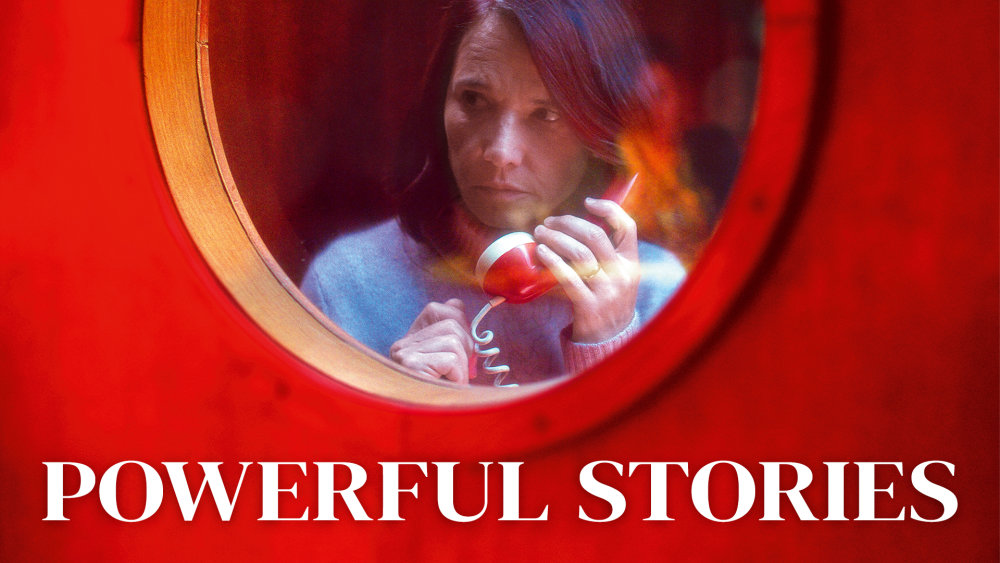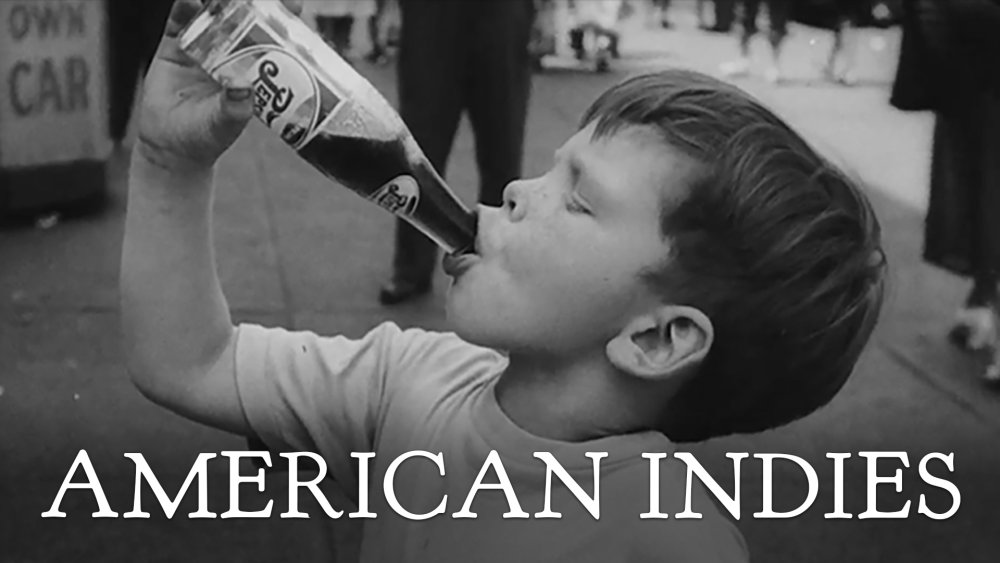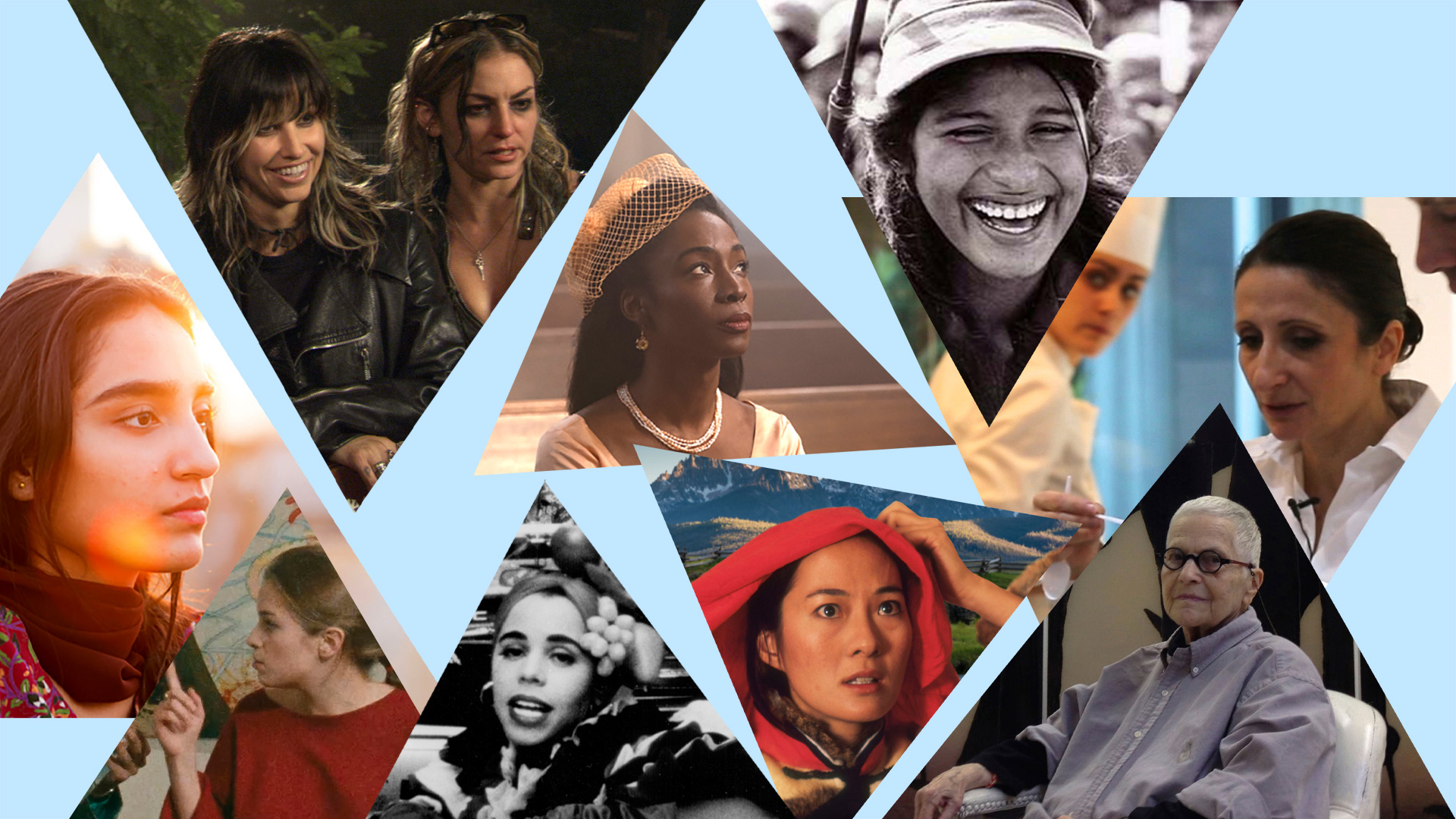
12 Films That Illuminate the Infinite Facets of the Female Experience

There are movies about women, and then there are movies that really speak to the female experience. The latter delves deeper to examine what it truly means to be a woman, often not shying away from the ugly parts. These films remind us that female stories are not always glamorous, but they’re not always bleak either. They’re nuanced, diverse, and full. This month, we’re excited to premiere five new releases that explore different facets of being a woman, from a drama about an all-female rock band starring the ever-entrancing Gina Gershon to not one, but two documentaries dedicated to boundary-shattering mothers. Plus, we’re rounding out the list with seven library titles that reflect the rich, boundless experience that is womanhood. Stream them all on Kino Film Collection.
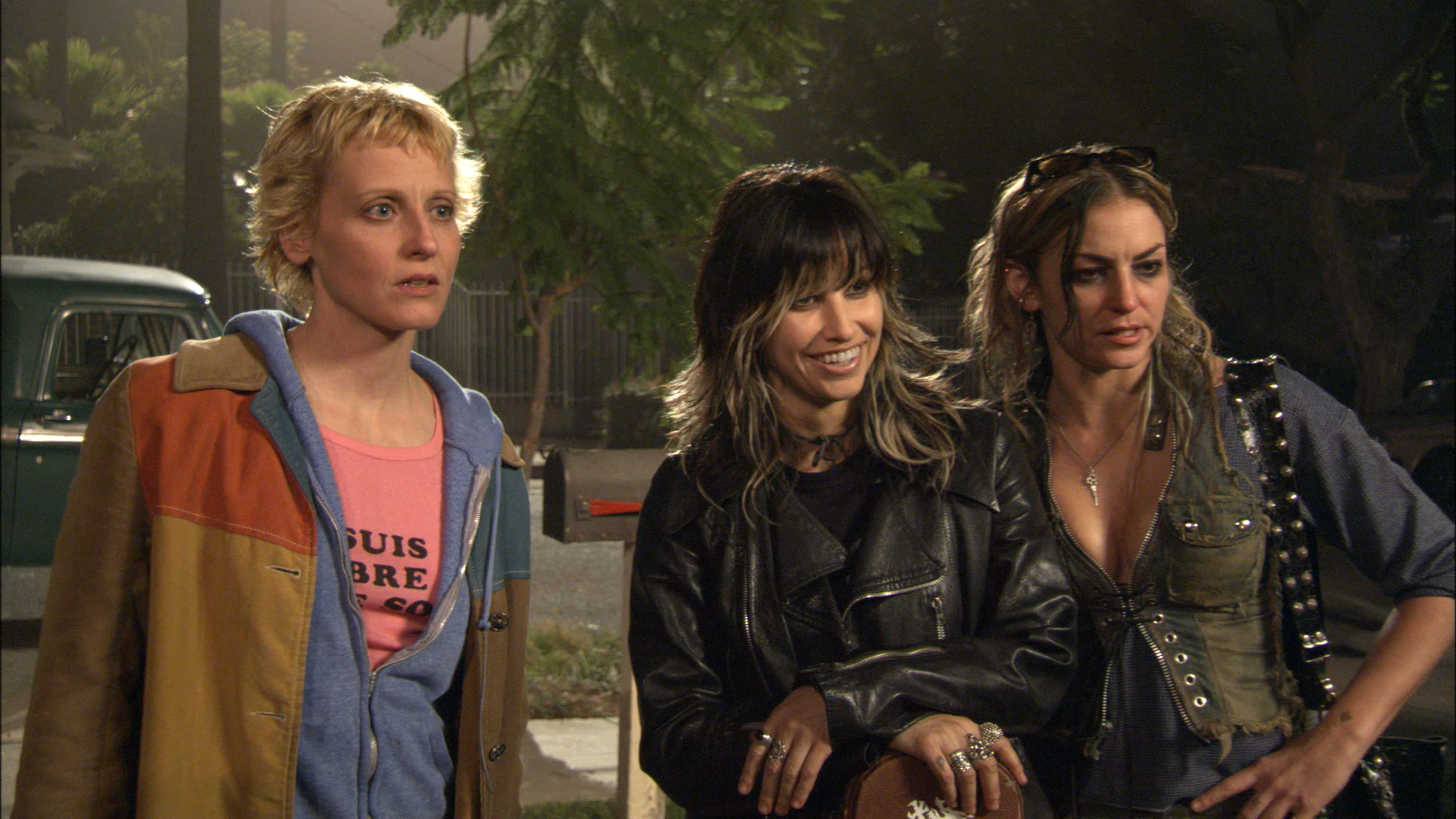
Prey For Rock and Roll (2003)
An all-female punk band. ✅ An all-star cast featuring some of the most badass women in film and TV. ✅ A gritty, bone-crunching soundtrack of original music. ✅ Does it get any better than that? Led by the magnetic Gina Gershon, Prey For Rock and Roll follows punk band Clam Daddy as they try to make it out of the LA dive bars where they’ve become a mainstay. While Gershon shines as frontwoman Jacki, the supporting cast is somewhat of a dream lineup with Lori Petty (Point Break, Tank Girl) and Drea De Matteo (The Sopranos), two absolute icons in their own right. As Jacki nears her 40th birthday, she begins questioning her lifelong dream of making it as a rock star. Will they get their breakthrough record deal before Jacki gives up rock and roll for good? If you’re a fan of Joan Jett, Chrissie Hynde, or any female rocker making her mark in a male-dominated music industry—or if you just like a good underdog story about staying true to yourself—this one’s for you.
COMING JANUARY 23
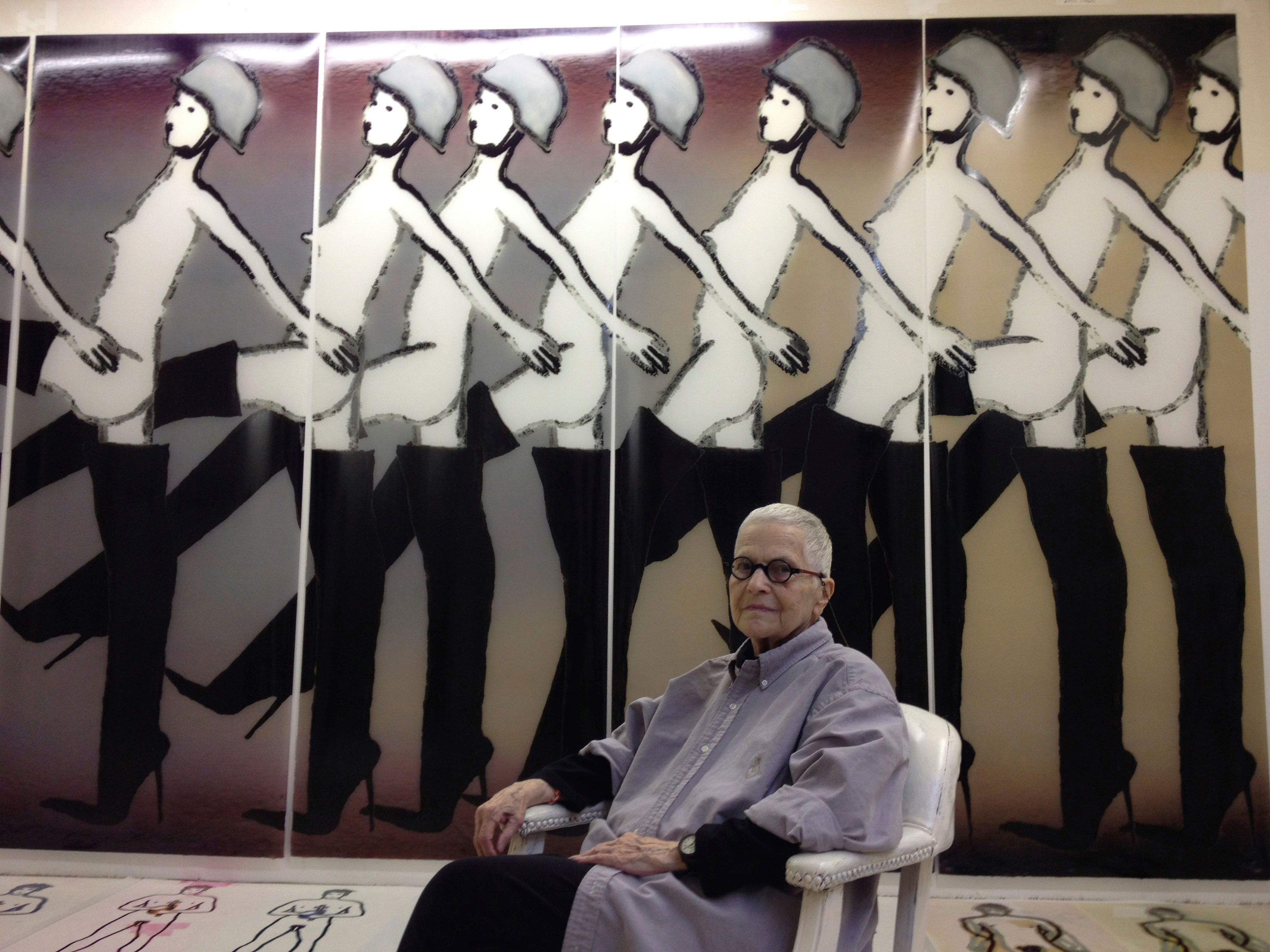
Call Her Applebroog (2016)
She’s been hailed as an enigmatic, provocative, and fearless artist, and a true feminist icon emerging out of the 1970s New York art scene. Get to know Ida Applebroog on an unprecedentedly intimate level with Call Her Applebroog, made by her own daughter, Beth B. A subversive artist in her own right, Beth B is able to capture and access Applebroog with the kind of candidness and affection that only a daughter can. The film traces Applebroog’s trajectory, from growing up in a strict Orthodox Jewish émigré family with a father who only wanted sons to forging her identity as an artist known for unabashedly exploring themes of sexuality, gender politics, violence, and power. Call Her Applebroog is not so much a biography, but more of an intimate glimpse into the life of a still-active artist who broke every rule from the day she was born.
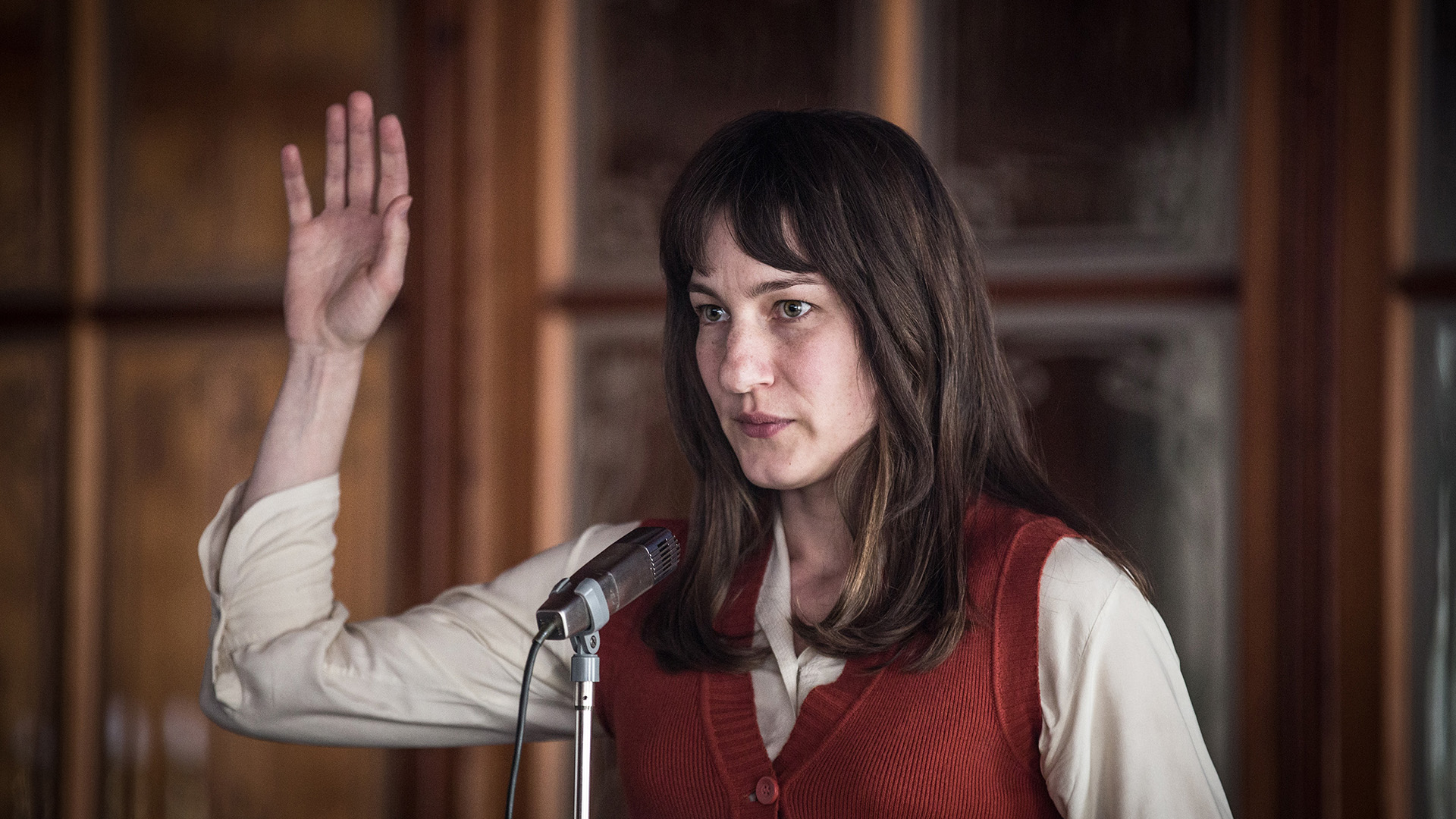
The Divine Order (2017)
By the start of the 1970s, a man had landed on the moon, the world had seen its first supercomputer, yet women in Switzerland could not vote. That seems shocking at first, but once you examine the country’s attitudes and beliefs at the time on a granular level, it becomes painfully clear why women’s suffrage was such a hard-fought battle. The Divine Order follows this battle through the story of one woman, Nora, and the people in her life. When we first meet her, she’s an obedient housewife with a staunchly traditional husband and an overbearing father-in-law. When she’s exposed to feminist literature, she embarks on a journey of self-reflection and liberation for all women, along with two like-minded friends. For a town whose men, and some women, collectively believe that women should remain quiet in society, their defiant protest sparks reverberations that lead to historic change.
COMING JANUARY 16
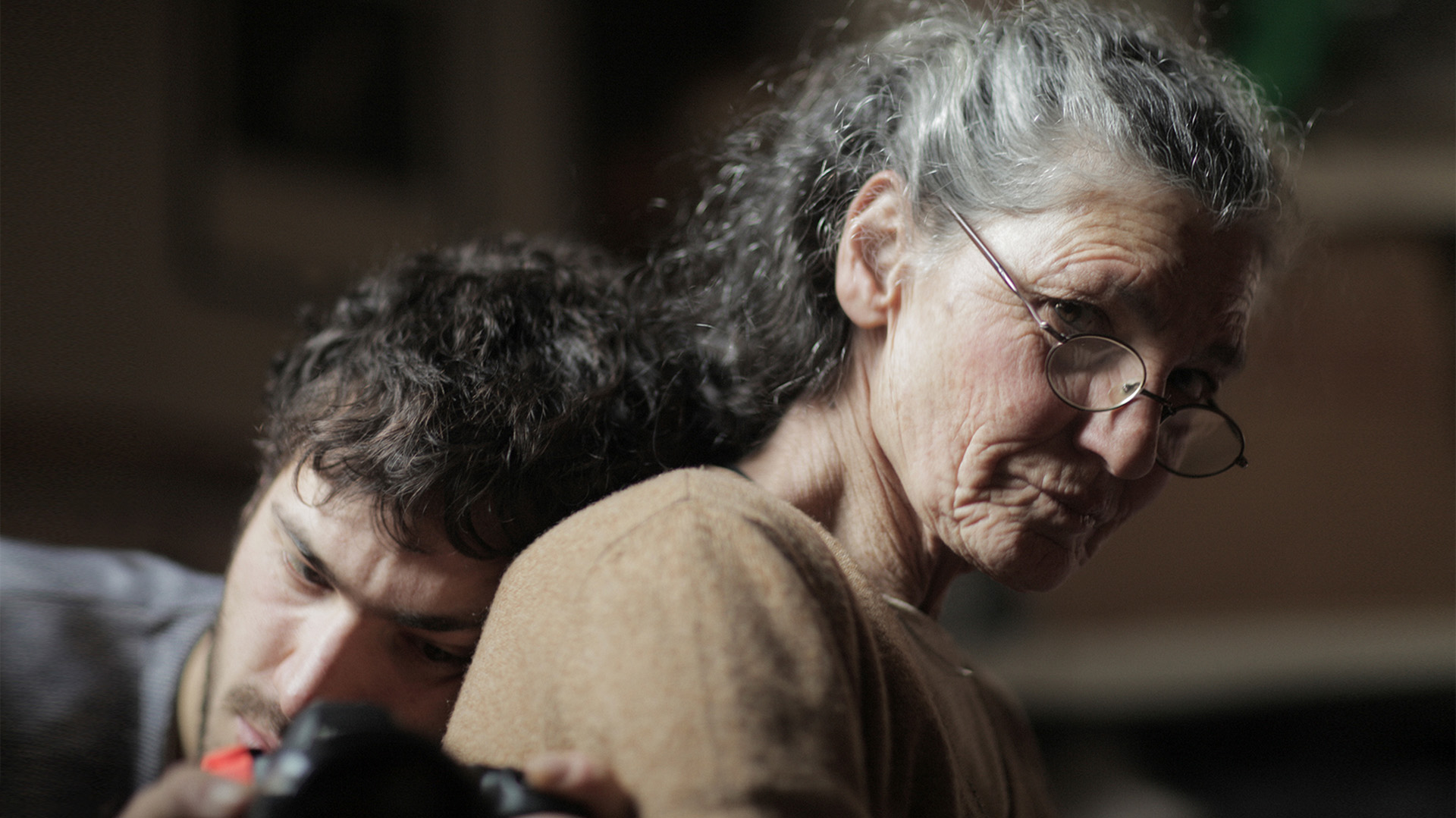
The Disappearance of My Mother (2019)
Like Call Her Applebroog, The Disappearance of My Mother is an ode to the filmmaker’s real-life mom. This time, the subject is Benedetta Barzini, a former supermodel who has posed for the likes of Richard Avedon, Irving Penn, and Andy Warhol, and was the first Italian to grace the cover of American Vogue. But to Beniamino Barrese, she’s mom. And despite her history of being in front of the lens, Barzini evades her son’s camera throughout the film and openly fantasizes about disappearing, which lends the documentary an air of resistance and urgency. Despite Barzini’s desire to become invisible, Barrese is able to capture her true spirit, which comes alive in her protest of the fashion industry and its commodification of women. At her core, Barzini hates both images and memory, which makes her all the more fascinating as a model, and as the subject of her own story.
COMING JANUARY 23
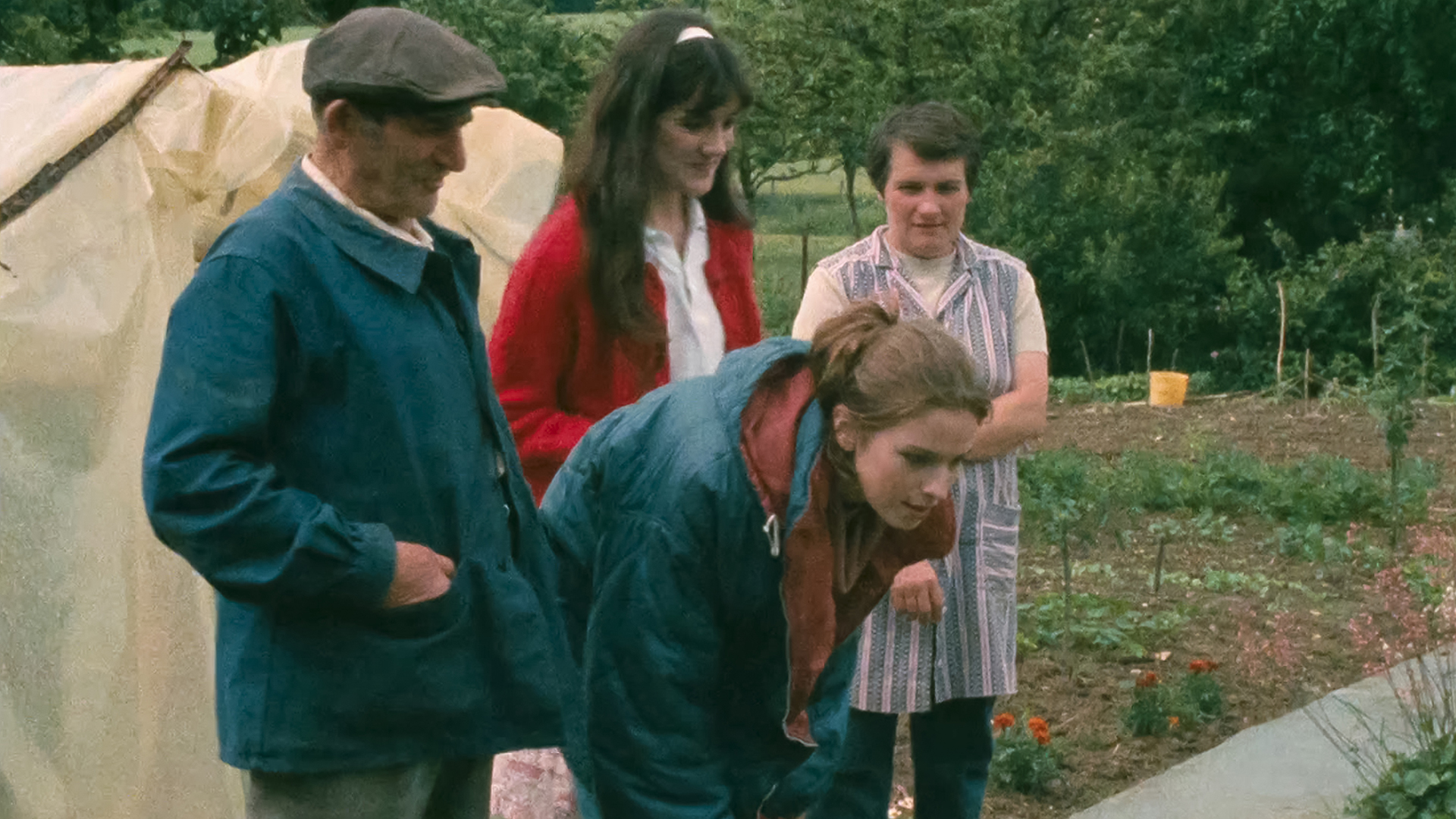
Four Adventures of Reinette and Mirabelle (1987)
What’s better than a story of the female experience? Four stories of the female experience. Éric Rohmer’s 1987 film Four Adventures of Reinette and Mirabelle chronicles the friendship of two young women through four chapters. Reinette is a country mouse and artist preparing to study in Paris. Mirabelle is a city mouse from Paris on a summer retreat to the countryside. After meeting when Mirabelle’s bike gets a flat tire, the two decide to room together in Paris, where their different backgrounds and moral beliefs collide to reveal new layers of their friendship, and each other. Largely improvised by the two lead actors (Joëlle Miquel and Jessica Forde), the four chapters include an aural meditation with nature, a frustrating Parisian waiter, a passionate debate about capitalism and society, and a hilarious ruse in an effort to sell Reinette’s art.
COMING JANUARY 30
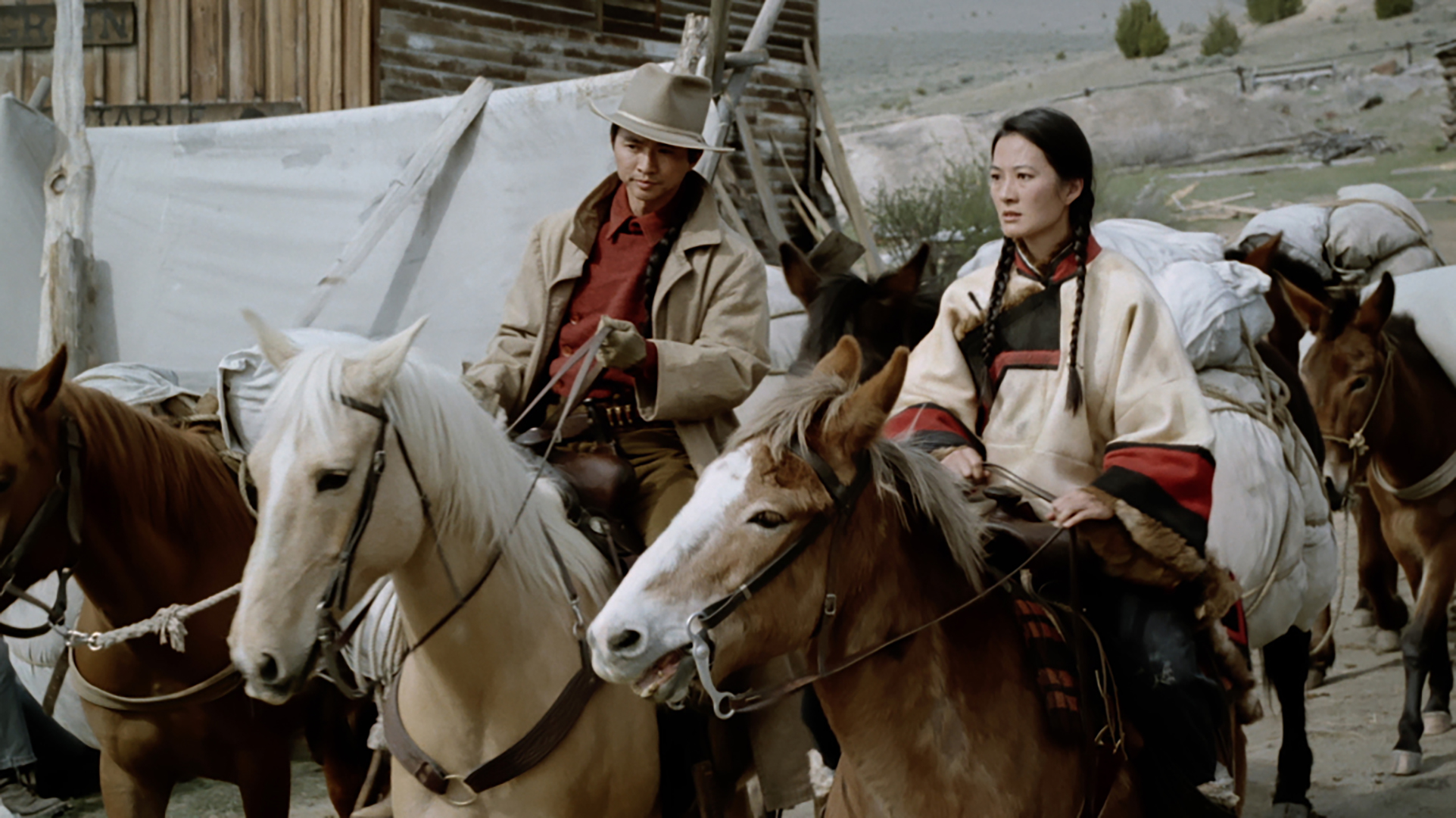
Thousand Pieces of Gold (1991)
Nancy Kelly’s 1991 Western is a sobering reminder of the arduous fight for freedom women have faced throughout history, particularly women of color. Set in 19th-century Idaho and based on a true story, Thousand Pieces of Gold follows a Chinese woman’s (Rosalind Chao) journey to America after her family sells her off as a bride. As Lalu is handed off from one unsavory character to the next like human property, her ferocity shines through, revealing a woman whose determination to control her own fate is stronger than even the grimmest of circumstances. Lalu’s story also sheds light on a lesser-known chapter in American history that saw Chinese and Asian immigrants being sold into indentured servitude, even after slavery was abolished in the country. Also starring Chris Cooper as Lalu’s love interest, Thousand Pieces of Gold is a soaring blend of history, romance, and feminism.
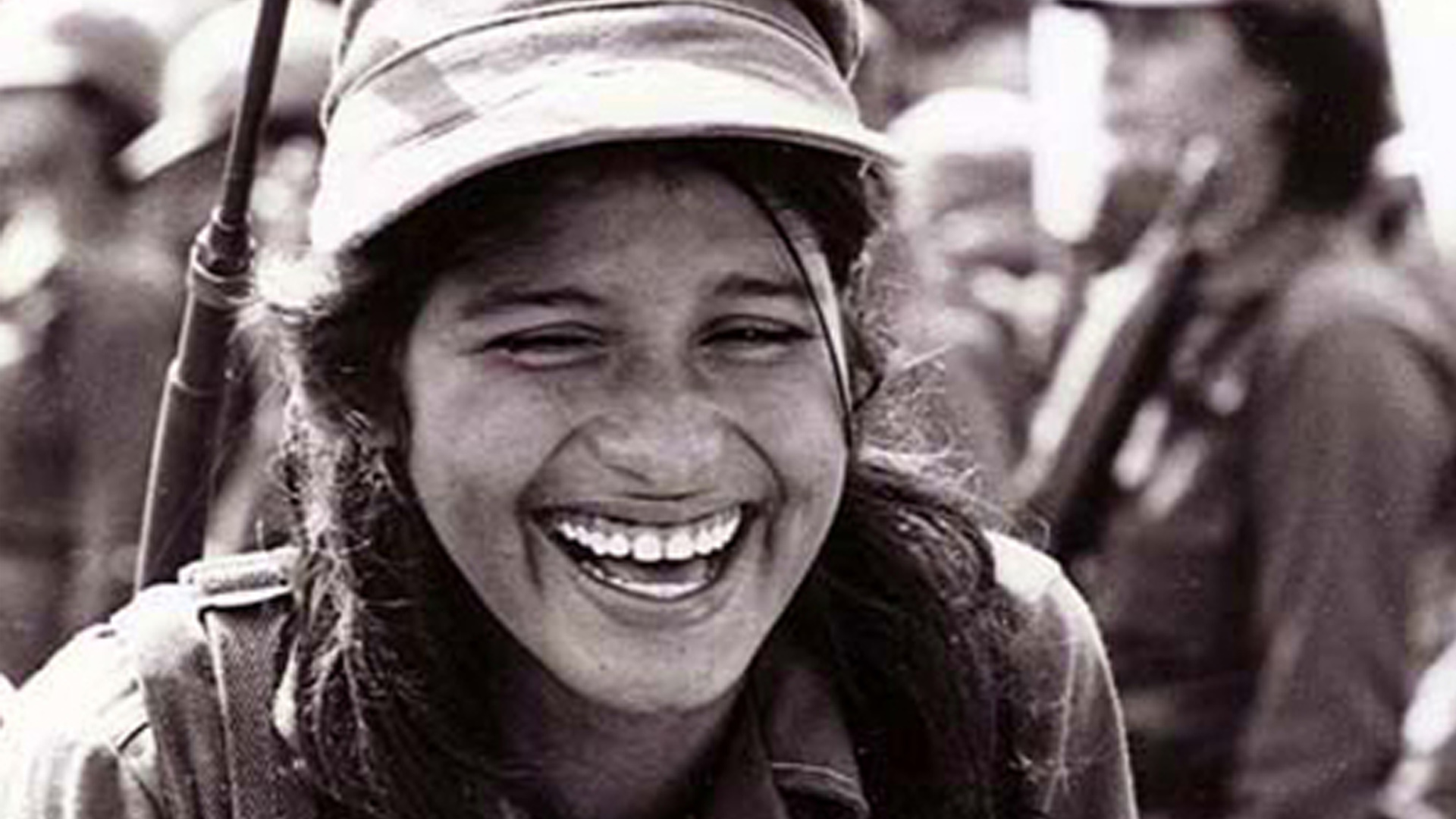
¡Las Sandinistas! (2018)
In 1979, the Sandinista National Liberation (FSLN) Front overthrew the government of President Anastasio Somoza Debayle in Nicaragua, ending 46 years of dictatorship by the Somoza family. Approximately 25 to 30 percent of the FSLN was made up of women. ¡Las Sandinistas! tells their story. Jenny Murray’s documentary reveals how ordinary women stepped up to become revolutionaries and combat leaders who changed the course of their country forever in the name of social reform and democracy. Centering around Dora Maria Téllez, a young medical student who became a major Sandinista General, and four of her revolutionary allies, ¡Las Sandinistas! sheds light on an incredible and untold chapter in Central American history. If you’re ever in the mood to see women absolutely demolish gender barriers and norms, this is the film for you.
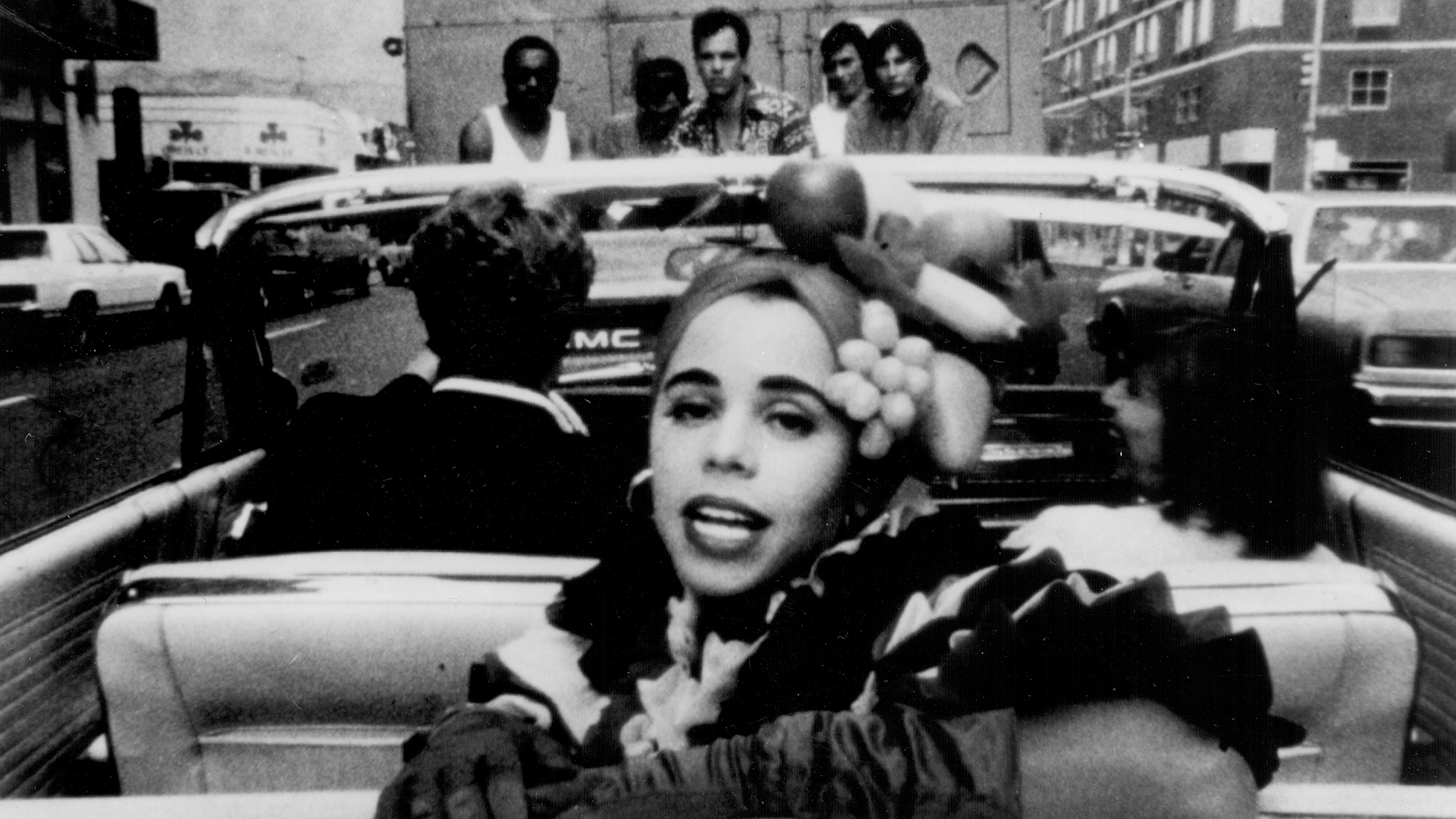
Privilege (1990)
Yvonne Rainer’s Privilege feels more pressing than ever. The documentary is ostensibly about women experiencing menopause and the inherently misogynistic perspectives of the medical industry, but partway through it derails into a deadpan and anarchic metafilm featuring Yvonne’s alter ego, Yvonne Washington, a Black woman who interviews her white friend Jenny about her time spent on the Lower East Side in the 1960s. It’s there that the film expands its aperture to explore domestic violence, sexual assault, and racism. Ultimately, Privilege challenges the audience with the somewhat paradoxical question: is it impossible for film to actually bring about change and does the impossibility make it all the more necessary?
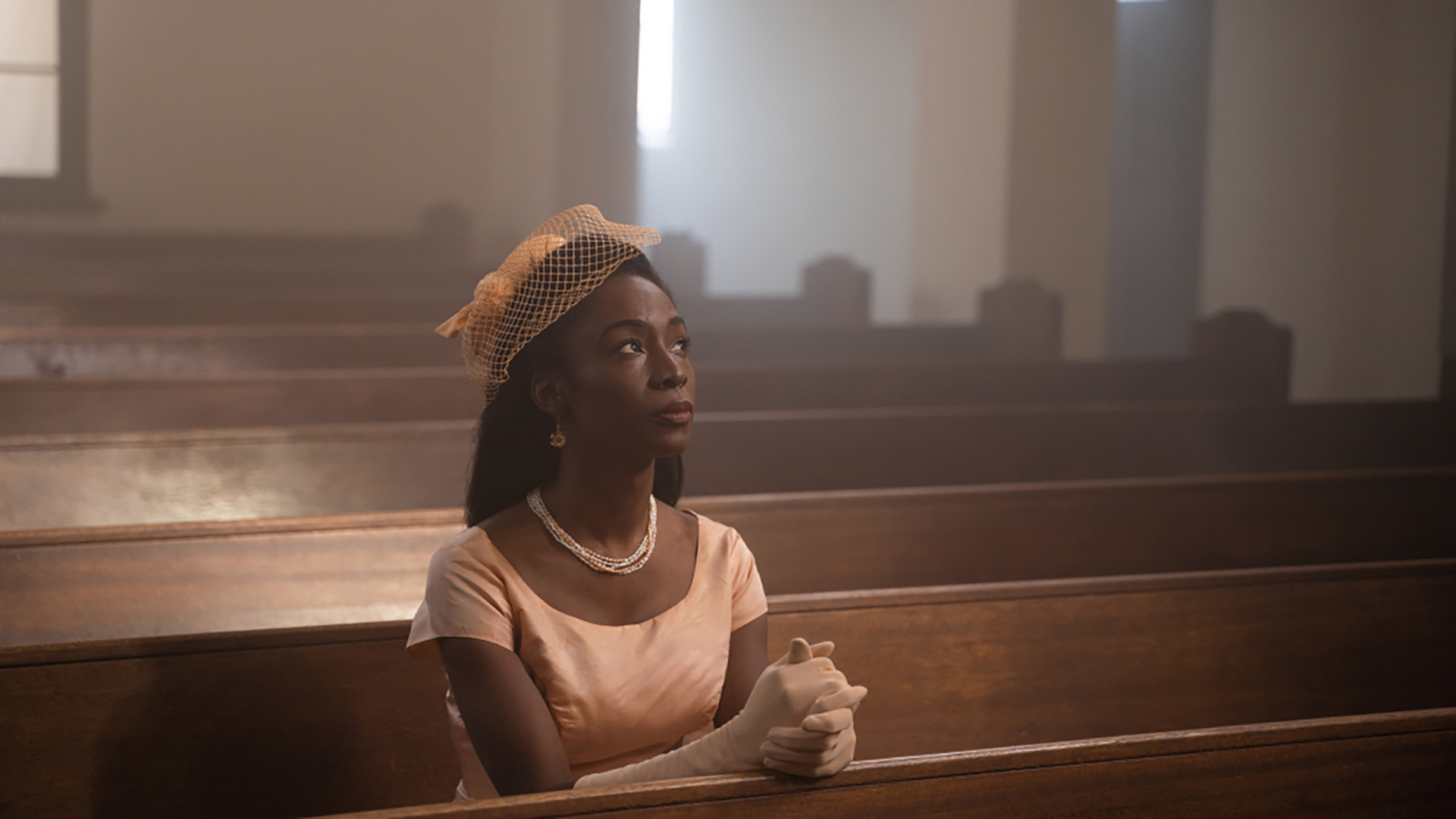
Framing Agnes (2022)
Framing Agnes is an essential work in examining transgender history in America and elevating trans voices. Chase Joynt’s documentary sheds light on a watershed chapter, telling the story of a pioneering trans woman named Agnes who participated in a gender study at UCLA in the late 1950s and early 1960s. Led by sociologist and professor Harold Garfinkel, the study performed some of the first gender-affirming surgeries for intersex and transgender patients. The film reenacts the study’s interviews with Agnes and other patients, played by transgender actors including Angelica Ross (Pose) and Stephen Ira, son of Annette Bening and Warren Beatty. Recreated in the style of an old black-and-white talk show, the interviews explore who these patients were on a personal level and their experiences as trans individuals in society. However, one patient stands out: Agnes, who cleverly used the study to gain access to gender affirming care.
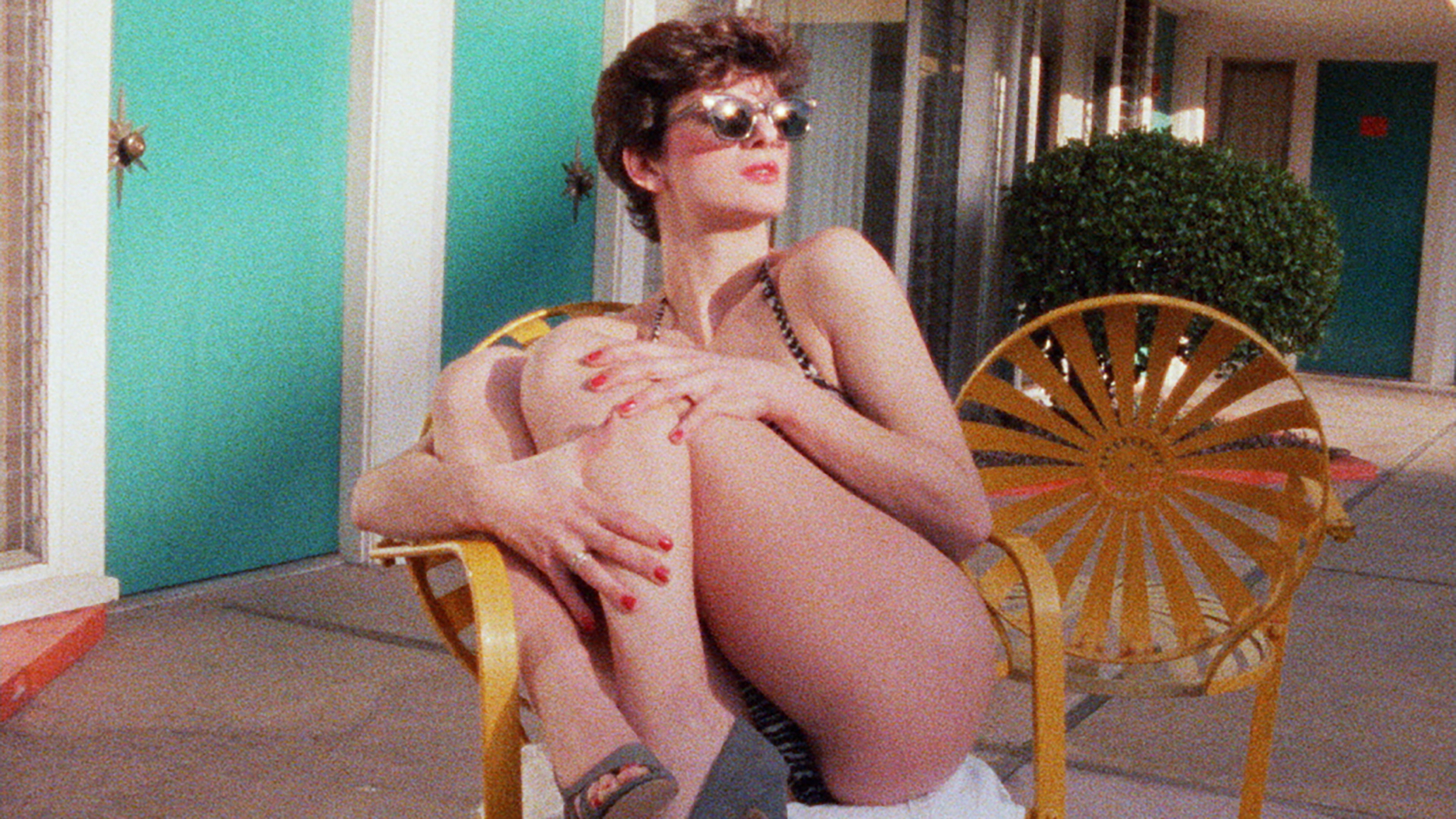
Kamikaze Hearts (1986)
Hailed as “a landmark of queer cinema,” Kamikaze Hearts is a quasi-documentary peering into San Francisco’s underground porn scene in the 1980s. On the surface, it follows the making of an adult film based on the opera Carmen, but at its heart is the tumultuous relationship between porn veteran Sharon Mitchell and shy newcomer Tigr. The film is an intimate portrait of the porn industry and its various players, revealing what they’re like on and off set and how the lines between performance and real-life are often blurred. Exploring themes such as identity, misogyny, and addiction, Juliet Bashore’s film is not for the faint of heart, but it is an unapologetically honest look at a distinct time and place in a notoriously troubled industry.

The Goddesses of Food (2017)
In 2013, TIME magazine published a cover story titled “The Gods of Food,” spotlighting male chefs in an already male-dominated industry. Vérane Frédiani’s The Goddesses of Food shines a light on the much-deserving female chefs around the world who are changing the face of gastronomy. Featuring Michelin-star chefs like Anne-Sophie Pic, Dominique Crenn, and Clare Smyth, as well as up-and-coming female chefs from all corners of the globe, the documentary explores the attitudes about men vs women in the industry that have fueled the status quo and limited recognition of female chefs in the media. Meeting these formidable female forces is a resounding reminder that for every god of food, there is an equally, if not more, skilled goddess who deserves to be celebrated.

What Will People Say (2018)
Inspired by the director’s own life, Iram Haq’s What Will People Say follows 16-year-old Nisha, a Pakistani girl trying to find her way in the world while constantly at odds with her father, religion, and tradition. The film opens with Nisha living a double life in Oslo, Norway, where she is a typical Norwegian teenager at school and a devout Muslim daughter at home. But when her father catches her with her boyfriend, he forces her to live in Pakistan with relatives, turning her world upside down. Despite the oppressive forces in her life, Nisha’s spirit prevails throughout the film. What Will People Say is at once a heartbreaking father-daughter story and an eye-opening exploration of what happens when religion, family, and intergenerational cultural divides clash.




